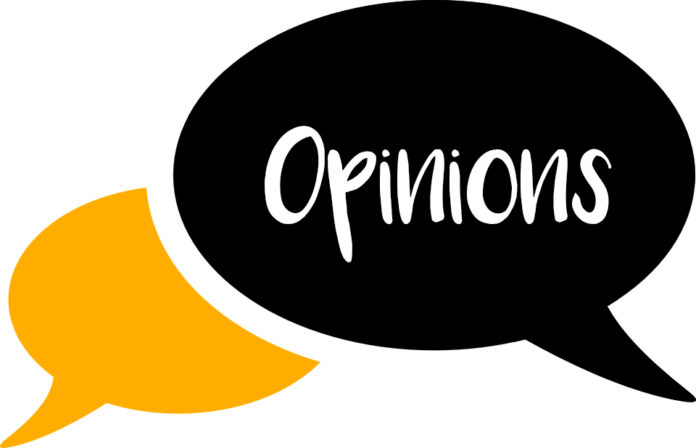
TikTok, the app for sharing and creating videos on just about anything, including dancing, cooking, singing, comedy and even activism, seems harmless, right? Well, not to the President of the United States. Donald J. Trump said he fears TikTok, a Chinese-owned app, poses security concerns to United States citizens, whom he believes face the risk of having their data and privacy invaded.
Trump’s proposal would allow Americans to keep using the app as long as TikTok is bought by an American company. It seems this issue has to do with much more than privacy and can only be explained by nationalism, xenophobia, and the 2020 general election in November. With a ban on TikTok, Americans are in danger of losing not only entertainment but also their right to free speech.
Trump’s initial proposal to ban TikTok came earlier this summer, coincidently after app users ordered hundreds of thousands of tickets for Trump’s Tulsa campaign rally and failed to show up in an effort to empty the BOK Center and prank the president. The president’s campaign anticipated an enormous crowd in a space that seats more than 19,000 people and went as far as planning for overflow seating, yet they were greeted by a disappointingly small audience: Only 6,200 people showed up, according to media reports.
Over on Twitter, Rep. Alexandria Ocasio Cortez (D-NY) applauded TikTok users, saying the president “got ROCKED by teens on TikTok.”
Could this have been the president’s trigger?
Trump’s TikTok ban appears as a backlash to American users who helped organize the stunt. The ability of app users to organize progressive groups of people could be detrimental to Trump’s 2020 election campaign. TikTokers have also launched a voter registration campaign, which is being led by major influencers. This campaign, known as Tok the Vote, was founded by 25-year-old Colton Hess. Hess said he believes "Gen Z will be a pivotal group in the 2020 election, and TikTok is their entertainment and information platform of choice."
TikTok is transforming the social media user experience, becoming a place for the sharing of politics, theory, current events, and more using a unique and innovative algorithm. What started out as an app to showcase dance moves may prove to be a formidable factor in the 2020 election.
Why else does Trump fear TikTok? China.
Trump has gone to the fullest extent to express his distrust of China since the beginning of his campaign in 2016. Trump’s sentiment against China has been proven over and over again with his xenophobic and racist remarks. Trump referred to coronavirus as the “kung flu” and “Chinese virus” at his Tulsa rally.
American xenophobia toward China has been around for much longer than Trump. From the Chinese Exclusion Act of 1882 to Red Scare, the United States has long feared China’s status as a major global power.
Trump’s offer to keep TikTok as long as it is bought by an American company reveals that his issue is not privacy concerns but China. American social media networks, notably Facebook, have been accused of selling citizens’ data to other companies. However, Trump has not expressed nearly as much concern over Facebook as he has TikTok. Having power over the data of hundreds of millions of users worldwide has become a form of neo-imperialism, one may say cyber imperialism. TikTok is now the United States’ newest conquest, and Trump is demanding control of the successful Chinese app.
If TikTok is banned, millions of Americans risk losing an accessible outlet for free speech. Despite the harm of a potential TikTok ban, the president has prioritized his own nationalistic agenda over the rights of citizens.
Esperanza Santana is an undeclared DePauw sophomore who wrote this piece in Opinion Writing 291A with collaboration from fellow classmates.
